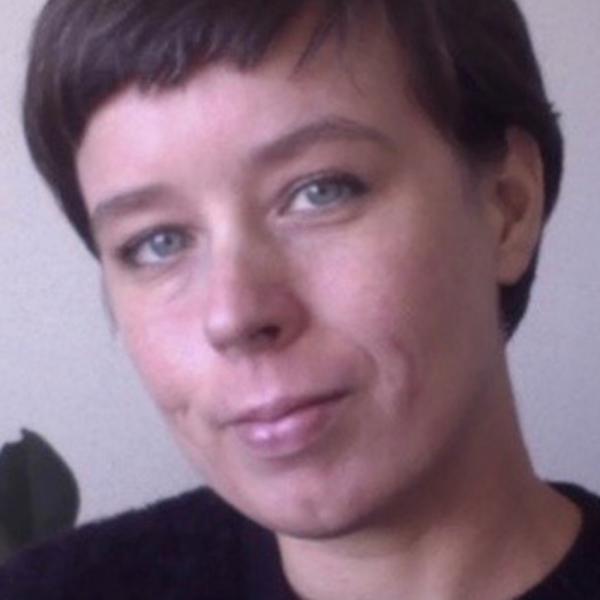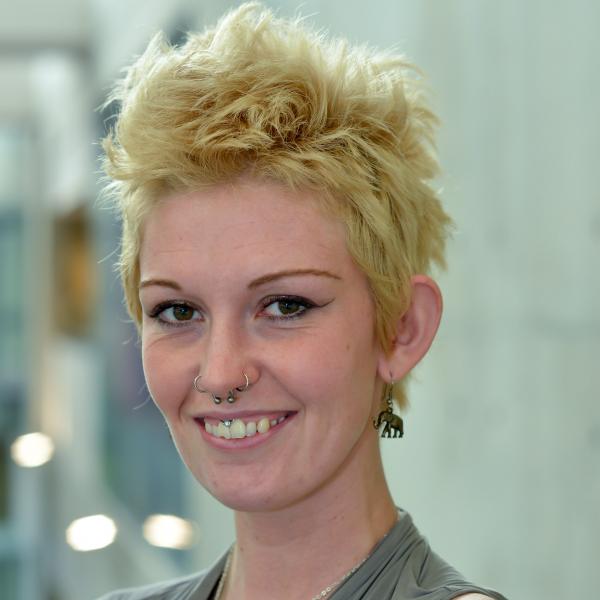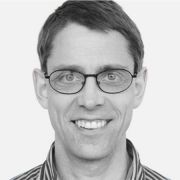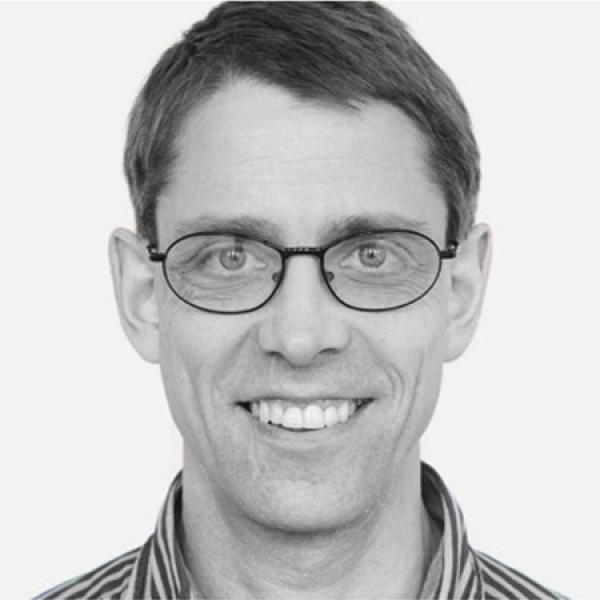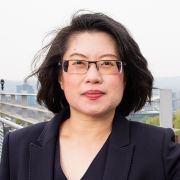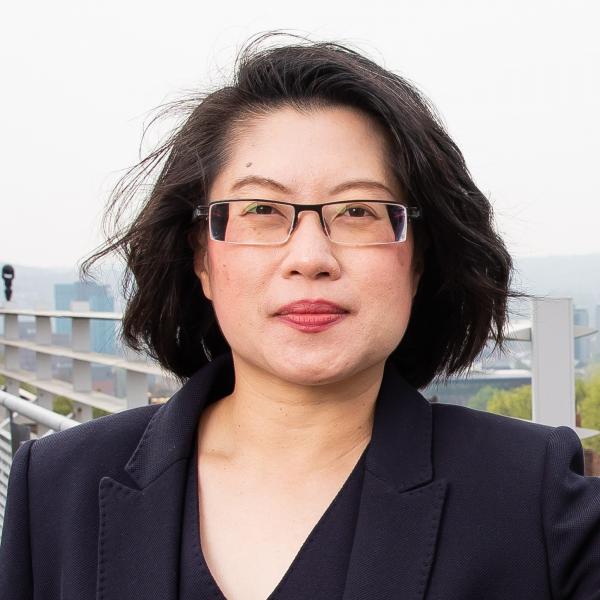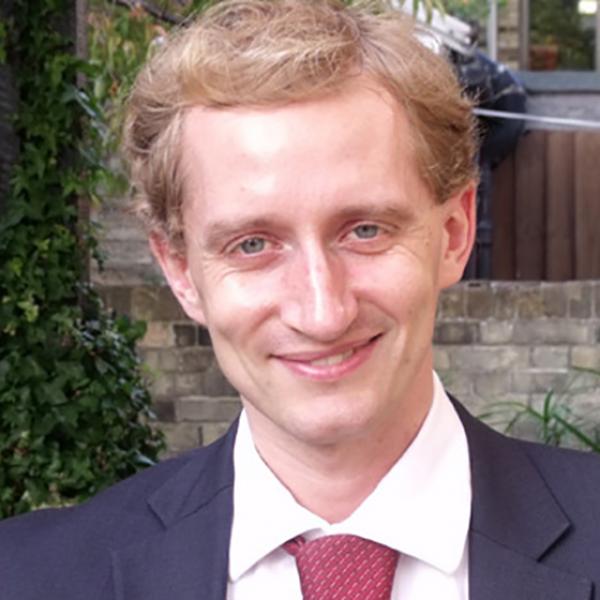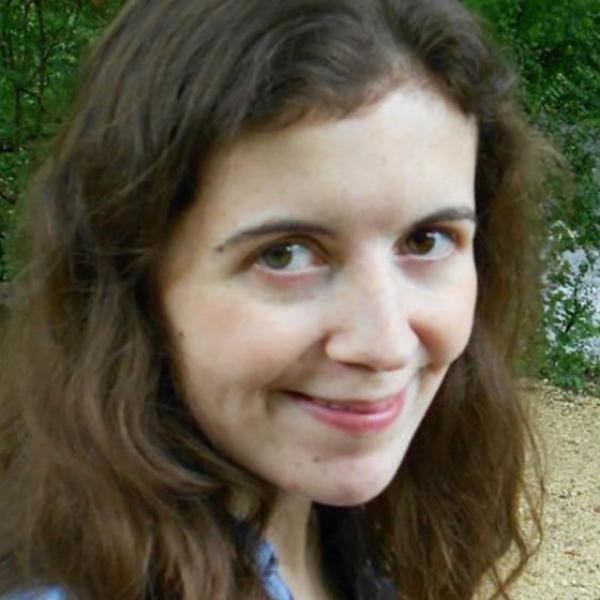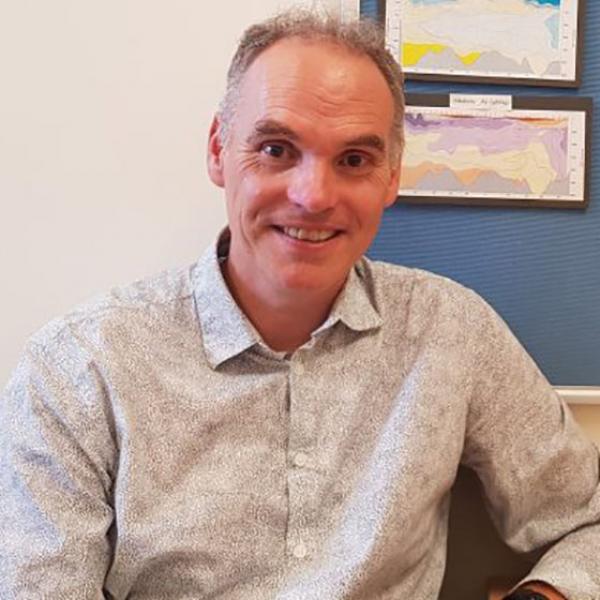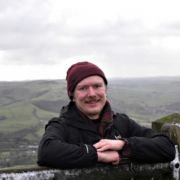Theme 4 – Sustainability and society
Theme 4 addresses the feasibility of enhanced weathering through integrated assessment modelling of its environmental and socio-economic impacts, assessment of a global sustainable supply chain capable of carbon capture and storage, and developing a responsible research and innovation framework.
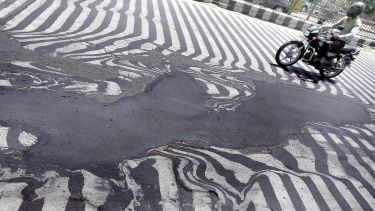
Dynamic integrated assessment modelling (IAM)
In collaboration with Cambridge Econometrics and Radboud University in the Netherlands, we are developing a novel, fully dynamic and highly detailed integrated assessment model that overcomes many of the shortcomings of classical integrated assessment and economic modelling frameworks.
The new model will, uniquely, account for the effects of enhanced weathering on crop yields, coupled with evolving agricultural processes and technologies (Theme 1) and related economic changes, including macroeconomic feedbacks.
This will be achieved by coupling the detailed, dynamic macro-econometric model E3ME with a new ‘future technology transitions’ model of the agricultural system, and statistical emulators of Earth system impacts.
Global Sustainable Supply Chain
We are assessing the potential to build a global, sustainable, integrated enhanced rock weathering supply chain framework for analysing and understanding long-term environmental, social and economic impacts.
Our approach uses a hybrid Life Cycle Assessment (LCA) of mining, grinding, transporting and spreading of crushed rocks needed to support enhanced weathering strategies at meaningful scales for carbon capture devised in Theme 1 and Theme 3 to enable integrated environmental assessment of the EW supply chain and uncertainty-perturbation scenario analyses.
Public perception of risks and benefits
Working with biological and environmental scientists in the UK and US across Theme 1 and Theme 3, we are developing methodologies for engaging members of the general public to understanding how public groups in the UK, North America and elsewhere are likely to respond to and perceive the risks and benefits of potential enhanced weathering proposals.
We are investigating how public views feed into a programme of ‘responsible research and innovation’.
Broadening out the scope of this work to non-Western countries is envisioned after year 4 by targeting geographical regions, guided by Theme 1 simulations.
Risk communication materials for engaging broader audiences will be developed in partnership with other LC3M members to develop effective language for communicating our mission and key findings to policymakers, decision-makers in NGOs and leading figures in key industries or social movements.
Ethics and social justice
Carbon dioxide removal proposals, such as enhanced weathering, raise various normative questions. Some examples include when implementation would be justified, given any potential negative side effects; and whether such techniques might constitute an unacceptable form of human interference with nature. We are considering some of these questions from the perspective of environmental ethics and political philosophy.


